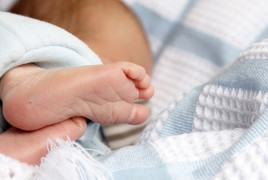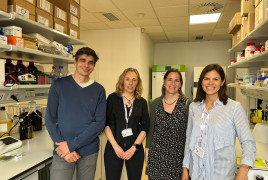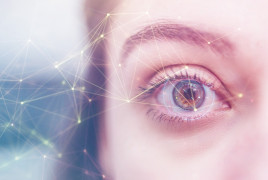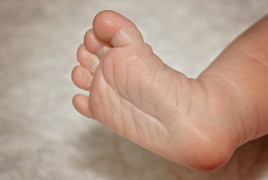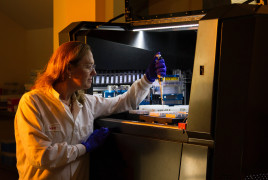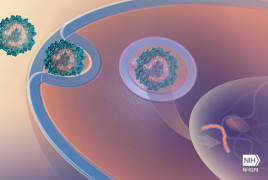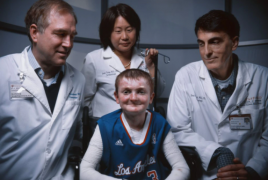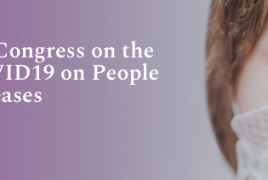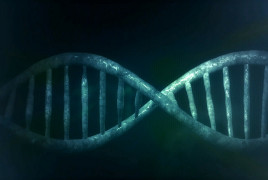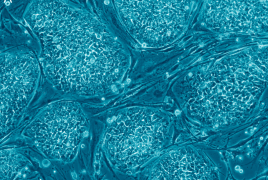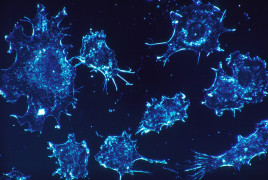The role of patient organisations in implementing newborn screening for rare diseases
A recent article published in the Rare Disease and Orphan Drugs Journal highlights the critical role of patient organisations in promoting newborn screening for rare diseases. The goal of these testsAn amino acid shows therapeutic potential in people with GRIN-related disorders
A pioneering clinical trial led by Dr Àngels Garcia-Cazorla from the Sant Joan de Déu Research Institute · Sant Joan de Déu Hospital has demonstrated that oral administration of the amino acid LNew mechanisms causing blindness in mouse models discovered
A multidisciplinary research team, under the leadership of geneticist Gemma Marfany, has recently published an article in the journal Redox Biology. Their study, conducted using a mouse model, revealsEarly treatment of BCKDK deficiency significantly improves its symptoms
Branched-chain ketoacid dehydrogenase kinase deficiency, or BCKDK deficiency, is caused by a mutation in this enzyme. This mutation results in a lower production of biomolecules known as branchedBiomarkers as key players in drug development
A biological marker or biomarker is a molecule or parameter that can measure a state of health or disease. It can be used to detect a disease, a physiological change, a response to a treatment or aThe reconstruction of ancestral proteins from the CRISPR-Cas system opens up new possibilities for gene editing
An international research team, led by Raúl Pérez Jiménez from the CIC nanoGUNE (San Sebastián-Donostia, Spain), has managed to reconstruct, through bioinformatics tools and for the first time, theWhat is gene therapy? Basic concepts and current state of research
Gene therapy fixes genetic mutations that cause a pathology or the malfunction of a biological process by introducing a “ correct ” copy of the affected gene into our cells . We can achieve this inNew experimental therapy for patients with recessive dystrophic epidermolysis bullosa proves successful
A new experimental therapy has been successfully tested in 9 people with recessive dystrophic epidermolysis bullosa. The study, led by Standford University (USA), has been published in Nature andInternational Congress on the Effects of COVID-19 on People with Rare Diseases
The International Congress on the Effects of COVID-19 on People with Rare Diseases will be held on November 9-11 th 2020 and it is organized by the Sant Joan de Déu Barcelona Children's HospitalBetween hype and hope: the truth about gene therapy and genome editing in Duchenne muscular dystrophy
About Duchenne muscular dystrophy Duchenne muscular dystrophy (DMD) is the most common form of muscular dystrophy affecting around 1 in 5,000 newborn boys worldwide. The main characteristic is aGathering people’s knowledge on cell and gene therapy to create tailored educational materials for patients and citizens
Being educated on health sciences can bring you numerous benefits as a regular citizen, especially if your are a patient or a caregiver: this way you will be more empowered on and will be able toThe science corner: the immune system fighting cancer
A recent paper published in Nature Immunology has raised a lot of enthusiasm amongst scientists and patients. Its remarkable finding was a cancer receptor that enabled a new group of T cells to
